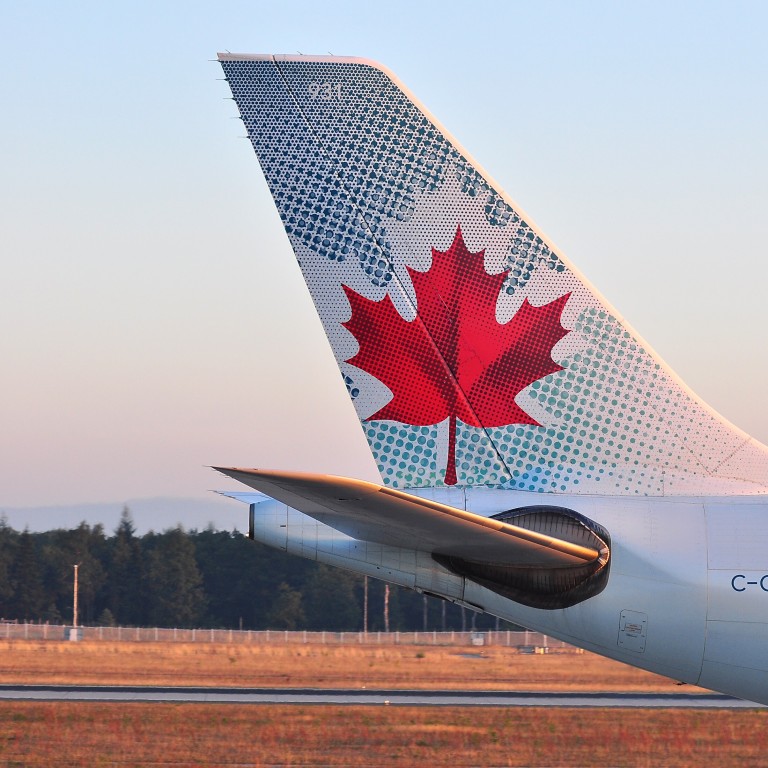
Cancelled flight? How to get a full refund, and why Air Canada has more than its fair share of customer refund complaints
- If an airline cancels your flight, in many cases you are entitled to a complete refund, but some carriers try to avoid payment
- Support groups advise reminding airlines of the regulations, and if that fails, getting a credit card chargeback
Grounded by Covid-19, many of the world’s airlines have begun to resemble dubious strangers hanging around school playgrounds with offers of confectionery. “Look what I have here,” they say. “Change your dates or cancel your flight altogether. It’s free! Come and see.”
Sitting squeezed into a metal tube for hours, breathing the same air as a crowd of strangers has probably never seemed less appealing, so the chance to delay or cancel a flight without penalty may be an unexpected blessing.
If the airline cancels the flight, a complete refund may be your legal right, but accept their offer and cancel yourself and the resulting terms and conditions – the requirement to rebook only on exactly the same route and within a limited time, for instance – may leave a bitter aftertaste.
“The best advice in this situation is not to cancel until the airline cancels,” says Dr Gábor Lukács, president of Canadian non-profit organisation Air Passenger Rights.
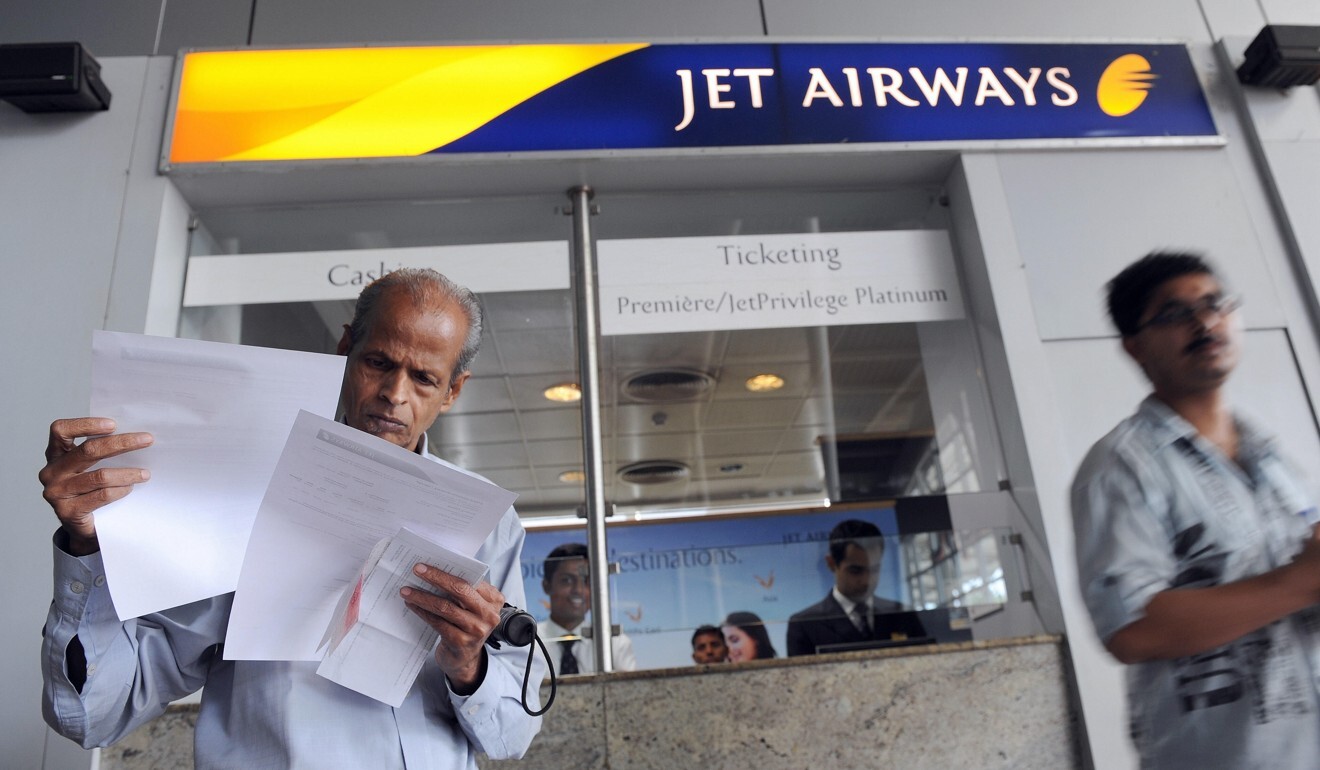
Airlines are keen to hang on to passengers’ money. Some claim that widespread suspension of the right to compensation means customers have no right to a full refund, and others that the offer of a credit voucher with many limitations is the same as money back. Both claims are false.
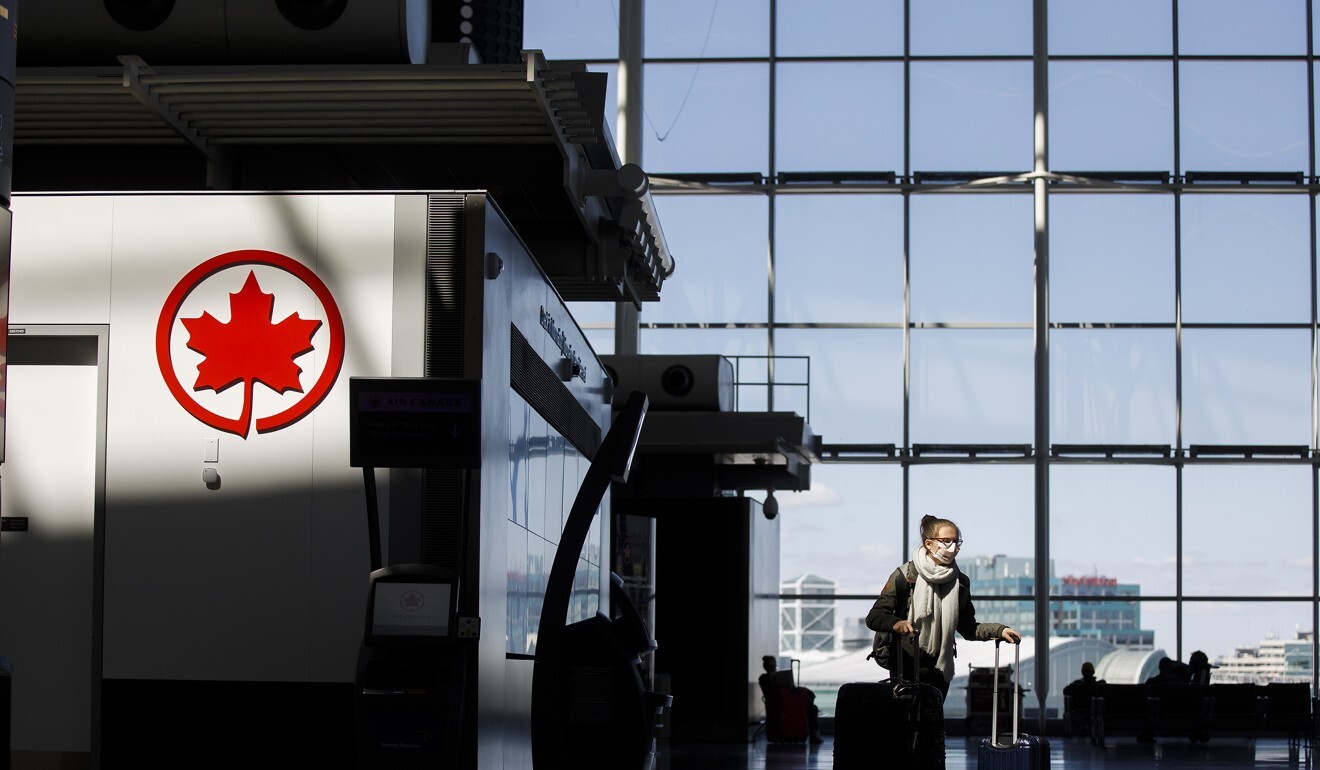
In general, passengers with Chinese and other Asian airlines who bought their tickets before the pandemic was established have found carriers willing to offer rescheduling and cancellation without penalty. But elsewhere, frustrations are building, and particularly with Canadian airlines.
“I am trying to find local regulations to see if the Hong Kong government requires Air Canada to issue a refund by law,” says Melanie Damery Brantingham, who booked a Hong Kong-Canada-Milan trip on Air Canada. “I haven’t found any local support, just Gabor Lukács’ group. From my understanding, Canadian airlines are being the most difficult for issuing refunds. My family had Cathay [Pacific] tickets to Europe, also cancelled and refund was automatic.
“I requested a refund by phone from Air Canada almost two weeks ago since they cancelled my flights. They told me no, I could have a voucher [that would be] good indefinitely. I applied for a refund online from Air Canada and still no response. When the 15 days is up with no reply, I’ll ask for a credit card chargeback. I won’t wait any longer for Air Canada. Because we live in Hong Kong, the chance to use an Air Canada voucher is very limited.”
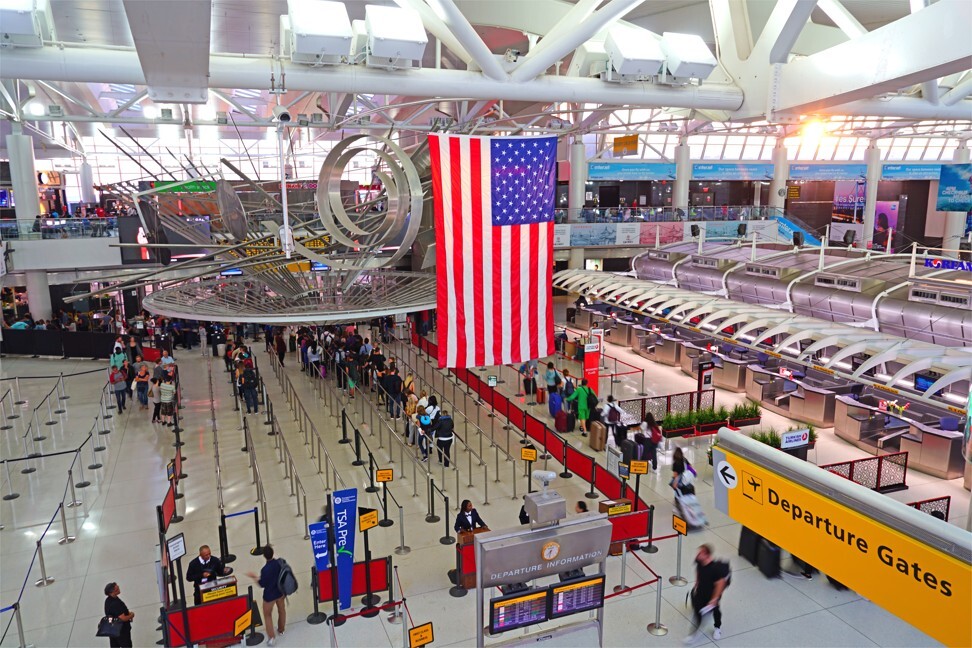
European regulation EC 261/2004, which applies to all flights departing from European Union countries (including, for now, Britain), requires airlines to offer the option of a full refund. It also applies to all flights arriving in these countries when flown by an airline registered in the EU. Fly from Hong Kong to Vienna on Austrian Airlines and the rule applies.
Canada’s Air Passenger Protection Regulations similarly cover flights in and out of Canada, although it’s widely perceived that the Canadian Transport Agency fails to support passengers.
Vancouver-based doctor John-Jose Nuñez spent around 12 hours on phone calls over more than month, “most of them on hold”, trying to obtain refunds on tickets with assorted airlines on a route via Europe to Egypt and back. He found his Canadian airline to be the most recalcitrant, and eventually claimed a chargeback from his credit card. (Some card issuers offer an immediate refund, but Nuñez’s is making him wait 30 to 60 days.)
“It’s really made me feel that the Canadian government does not care about consumers,” he says.
There are going to be a lot of people who are really leery about booking tickets with Canadian airlines, because we’ve got air passenger protection regulations that apparently haven’t protected us at all
Lukács sympathises. “From what I’ve seen, the US does seem to be taking enforcement quite seriously, so when it comes to air passenger rights I would any time trade with the US. They’re not perfect, but at least there’s the basic idea that money that has been paid has to be given back when no service is rendered.”
Lukács may be based in Nova Scotia, but the step-by-step process he describes on airpassengerrights.ca for dealing with the non- provision of paid-for services is universal in scope.
Members of his Air Passenger Rights (Canada) Facebook group provide accounts of tussles with airlines worldwide, their perseverance frequently resulting in success, and the page offers links to useful tools such as a template for filing a complaint with the USDoT to seek a refund on a cancelled US flight.
Despite repeated refusals, British Columbia resident Judy Dodd Braumberger recovered nearly C$19,000 (HK$108,000) on six cancelled tickets to Dublin. “I’m a little shocked that I got so much back,” she says. “If it wasn’t for the Air Passenger Rights Facebook page there would be a lot of people who wouldn’t have a hope in heck.”
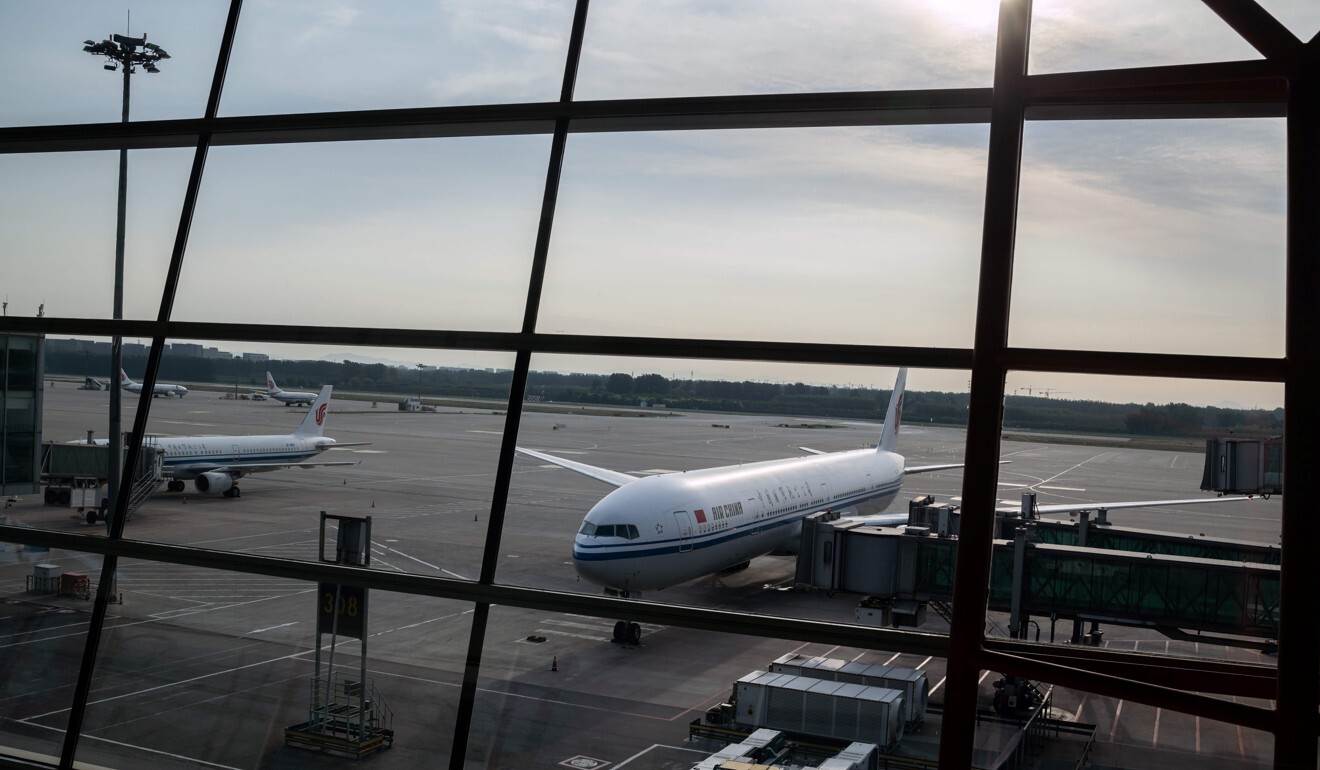
Advice includes quoting the relevant regulations to the airline and to get its cancellation and any denial of a refund in writing. Record all calls and use all this evidence to demonstrate to your credit card company that a paid-for service has not been provided. Major credit cards have internationally applicable sets of rules, and many will provide an interim refund while the case is examined.
But if all else fails, or if you paid through some other medium, the Small Claims Tribunal or its equivalent is the next step. This may also be the case where your contract with the airline has been “frustrated” – neither party is cancelling, but new visa regulations or quarantine requirements make it impossible to travel.
Where, as in Hong Kong, contract law has its basis in English common law, frustrated contracts may be deemed null and void, and a refund the result. The cost of initiating a small claim is low, but the cost to an airline of defending it may be great. And that’s before the matter of reputation is considered.
Despite their eventual success, both Braumberger and Nuñez are quite clear they’ll be looking to fly with American and European airlines from now on – a resolve perhaps strengthened recently by the USDoT, which reported that it had received more complaints about Air Canada than any other non-US airline.
“There are going to be a lot of people who are really leery about booking tickets with Canadian airlines,” says Braumberger, “because we’ve got air passenger protection regulations that apparently haven’t protected us at all.”
Lukács says: “I think right now that airlines should only be selling refundable tickets, or should make all tickets refundable under very mild conditions.”
Airlines that think denying passengers reasonable treatment may help them survive their current crisis may find they have in fact only extended the crisis far into the future.

